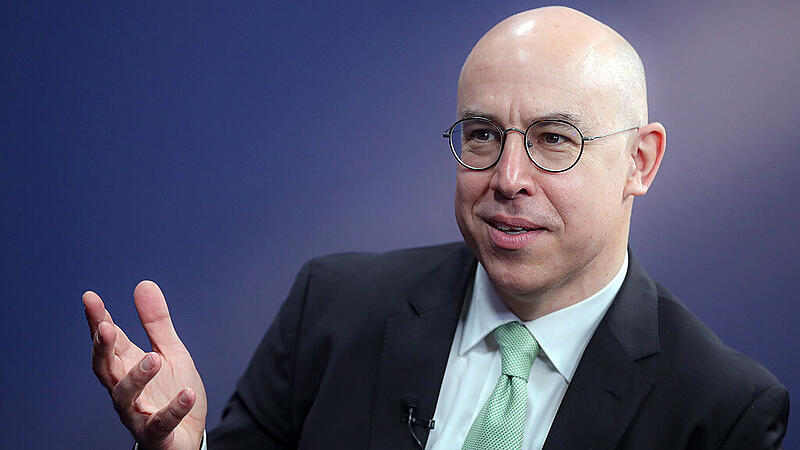Image: colourbox.de

Photo: (Volker Weihbold)
It is a “double attack” on industry, says Gabriel Felbermayr, head of the economic research institute Wifo: The persistently high energy prices and inflation, coupled with higher wage growth rates, are leaving their mark on Austria as a business location. Competitiveness is rated as badly by companies as it was last in 2008 and 2009 – at the time of the global financial crisis. This was shown by a Wifo study commissioned by the Austrian Chamber of Commerce, which was presented on Wednesday.
In addition to the development of different scenarios, 300 companies were surveyed in February and March of this year. The result is representative, as Felbermayr says. Half of the companies surveyed expect production to fall. Their earnings are suffering from the energy prices: Especially in international competition, domestic companies are finding it increasingly difficult to keep up with countries like China or the United States. Only about twelve percent of the companies see significant savings potential in energy consumption. There are also technological and regulatory obstacles. “Companies cannot escape the energy prices even through investments,” says Felbermayr.

Photo: (Volker Weihbold)
According to the Wifo study, if energy prices remain high, in the worst case there is a risk of a production decline of seven percent compared to the level before the pandemic.
Energy-intensive sectors such as the paper, chemical, textile and food industries are particularly affected. The relocation of energy-intensive production steps abroad is favored by the high prices for energy, stated almost half of the companies surveyed. According to Felbermayr, this is cause for concern: Because industrial companies offer many jobs, especially in rural areas of Austria. Among other things, decoupling the electricity market from the gas price would improve the situation. Another lever is short-time work or energy cost subsidies.
In the areas of research and development, targeted funding and planning security are needed so that companies continue to invest. Because 60 percent of the companies surveyed assume that investments in Germany will decline. Even if a lot has to be solved at European level, Austria can do a lot more than you think, says the economic researcher.
The General Secretary of the Austrian Chamber of Commerce, Karl-Heinz Kopf (VP), sees a “threatening situation” for companies. Demand is falling, the order books are emptying and the mood is bad. There is an urgent need for action on the part of politicians in order to keep the negative effects on the location as low as possible. In this context, the Chamber of Commerce is demanding a reduction in non-wage labor costs and faster approval procedures, because energy-saving investments are currently being hampered by bureaucracy.
Kopf also suggests taking Germany as an example when it comes to electricity price compensation: While this has to be extended annually in Austria, it applies in the neighboring country until 2030.
more from economy




